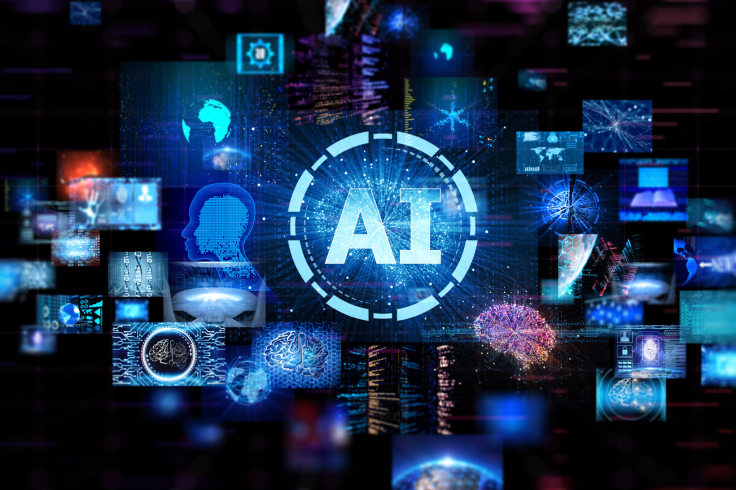The AI Economy: How Artificial Intelligence Is Reshaping Global Industries
From healthcare breakthroughs to smarter online casinos, AI is reshaping business, boosting profits, and redefining economies worldwide

It's no secret that artificial intelligence has become the new currency. From better healthcare services to improved teaching techniques, AI is solving old problems in new ways and changing how industries grow. In today's world, artificial intelligence is not only improving processes across sectors but also driving global economic growth. Here are six industries where the AI evolution is already leaving a mark.
Healthcare
The healthcare industry is one of the oldest sectors that affects the global world. However, just a few decades ago, this industry faced challenges such as prolonged diagnosis delays and staff shortages. Thankfully, many things have changed since AI was integrated into healthcare services. Diseases are now detected early, and robotic surgeries have become a thing.
Even though there are concerns about issues such as patient privacy and algorithm bias, the need for AI is undeniable, especially in the economy. In fact, according to Statista, global AI healthcare revenues will surpass US$187 billion (£138 billion) by 2030.
Finance
Previously, the finance industry relied on slow manual processes and human judgement to manage high-risk decisions. Today, fraud detection, credit scoring, and risk forecasting are possible in the industry, thanks to AI.
Even with risks like data bias, AI saves banks billions each year. According to McKinsey, AI could deliver up to US$1 trillion (£737 billion) in added value to the global banking sector.
Online Casinos
Online gambling is growing quickly, and AI plays a significant role. The gambling industry once depended on physical casinos and basic software. Now, AI handles real-time RTP calculation, user behaviour prediction, and even fraud detection. There is now a long list of online casinos that use AI to create a massive game library for new and old players to select from, therefore ensuring exciting gaming experiences.
Of course, concerns exist, especially around addiction, privacy, and data manipulation. However, AI enables platforms to detect risky behaviour more effectively and apply responsible gambling tools. Also, according to Statista, the global online gambling market is expected to reach over US$90 billion (£66 billion) by 2025, fuelled in part by AI integration.
Transportation and Logistics
The transportation system previously suffered from unpredictable delivery times and human error. But now, AI solves these issues with proper route optimisation, driver behaviour tracking, and self-driving innovations. From smart traffic lights to fleet management systems, logistics companies use AI to reduce delays and fuel use. For instance, UPS uses an AI tool called ORION to save 100 million delivery miles annually.
The main risk of AI in this industry is over-dependence on systems and eventual job displacement, but generally, the impact is positive. AI in logistics is expected to add US$6.5 billion (£4.7 billion) in value by 2030.
Manufacturing Industry
Manufacturing once relied on human labour and rigid processes. But with the use of AI, factories can now adjust production automatically, reducing waste and increasing speed. For example, Siemens' 'digital twin' technology uses AI to simulate entire production systems and reduce errors in anything that is built.
Though job loss and cybersecurity are concerns, AI still drives cost reduction and boosts competitiveness. According to Deloitte, AI could increase manufacturing productivity by 40% in some sectors.
Education
As for the education sector, limitations like teacher availability and one-size-fits-all lessons are now easily solved by AI. With the use of AI tools, students can now learn at their own pace, regardless of their language and skill levels.
Although there are issues like bias in educational data and screen fatigue, the potential is far larger. Economically, AI is expected to grow the global EdTech market to over US$400 billion (£294 billion) by 2025.
Conclusion
AI is no longer an imagined idea. It has now become our reality and has come to stay. Whether it's through the advent of robotic surgeries or changing how people learn and shop, we can see how artificial intelligence is now an essential part of the modern economy.
As artificial intelligence continues to change the world, it can be misused in many ways. But by understanding these changes now, industries and individuals can make better choices about using AI in the years ahead.
© Copyright IBTimes 2025. All rights reserved.




















